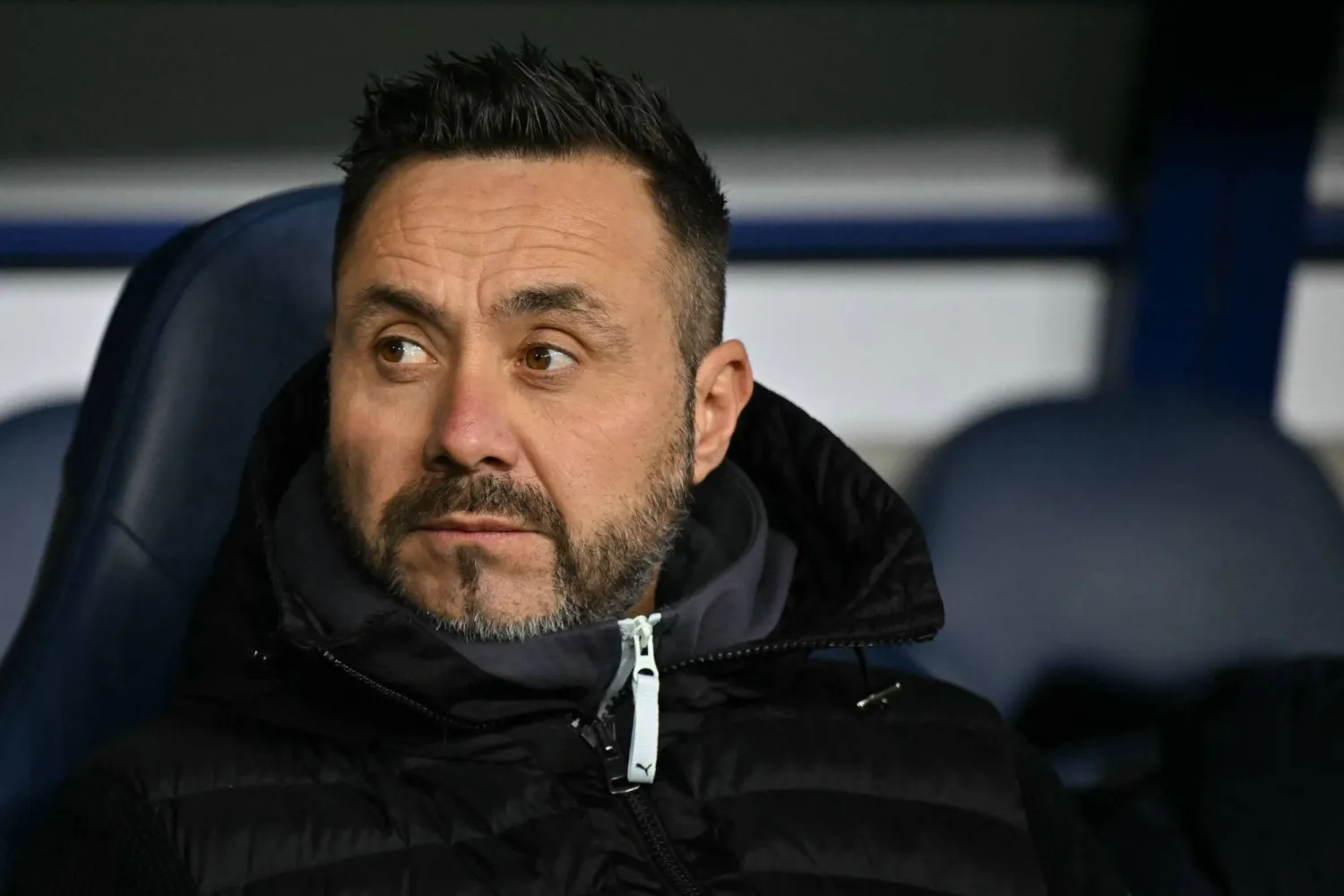There is a word that all Asians hope never to hear but many cannot avoid. The P-word. It came Yan Dhanda’s way when he was very young and playing football with friends in a park near his family home in Tipton, and while the details are sketchy he remembers easily the shocking nature of the abuse.
“It was from random people who’d either be playing with me and my friends or against us,” he says. “They’d say things like, ‘he’s a Paki, he’s never going to make it [as a footballer]’. I’ve also heard it a few times since – ‘Paki this, Paki that’, again from random people. But it never affected me. It just made me want to prove those people wrong.”
Which Dhanda has. Aged 20, he has gone from the local park to becoming part of the first-team squad at Swansea City, via youth-level spells at West Bromwich Albion and Liverpool. He has also been capped at Under-16 and Under-17 level for England, with more expected to come from a player of promising technical and creative gifts. And then there is Dhanda’s broader impact – one of the very few professional players in this county who is of Asian descent, making him a standard-bearer for a community that continues to be woefully under-represented in the game. Given his age, Dhanda could deem that too big a responsibility. Instead, he relishes it.
That much can be taken from his willingness to be part of the Football Association’s Bringing Opportunities to Communities strategy, which was launched four years ago and is designed to increase Asian representation right across English football. As part of a fresh push, the FA plans to appoint an “Asian champion” to the governing body’s board and, alongside a host of other measures, has produced a film featuring four Asian role models – referee Lisa Rashid, England Women’s deaf futsal player Lucindha Lawson, Charlton Women’s manager Riteesh Mishra and Dhanda.
“I got a call from someone at the FA asking if I’d get involved and I jumped at the opportunity,” he says. “Growing up, I never really thought about why there were so few Asians in football – I was purely focused on making it myself. But now it does ring alarm bells.”
The numbers around this issue are stark. People of Asian descent have lived in Britain for decades and, in England specifically, represent 8% of the population. Yet historically there has been very few who have played professionally in the country with the current total, according to the Professional Footballers’ Association, standing at 12. Add in the lack of coaches and managers and it is little wonder many Asians feel detached from the national game, and why the “random people” Dhanda came across in Tipton felt emboldened enough to claim he and those of a similar background would not, and could not, make the grade.
Dhanda’s mental toughness meant he did not wilt under the abuse. He also benefited from something most Asians growing up on these shores do not have – a football role model: his father, Jaz. “He played for Tipton Town,” Dhanda says. “My uncle also played for them and from the age of five I’d go watch them, so for me it was normal seeing Asians play football.
“My dad also helped me deal with racism. From a young age he told me that if people said horrible stuff to me they were stupid and I should just ignore them. Which is what I’ve always done”
Dhanda is mixed race: English on his mother’s side and Punjabi on his father’s. Along with Jaz and other members of his family and friends, he visited Punjab recently to learn more about his roots as well as inspire youngsters in the region – “I went to different schools and spoke to the kids there about my life. They seemed to enjoy it.” Back in Swansea, the focus for Dhanda is on inspiring Asians through his performances on the pitch, something he struggled to do last season having swapped Merseyside for south Wales on a free transfer.
The midfielder made a blistering start, scoring with his first touch in senior football to secure a 2-1 victory away to Sheffield United on the opening day of the Championship campaign. But there followed only five more first-team appearances as then manager Graham Potter deemed him physically short of what was required. Dhanda, a naturally slight athlete, accepted he needed to work on bulking up and that is what he has been doing since returning from India in the hope of impressing Steve Cooper, who replaced Potter last month following his switch to Brighton.
“I’ve spoken with the manager and it’s clear everyone in the squad has a fresh start under him,” Dhanda says on a warm afternoon at Swansea’s picturesque training ground on the outskirts of the city. “It’s up to us to take our chance when we get it and that’s what I intend to do.”
Dhanda is well thought of at Swansea and there is no desire there to give up on a player who Liverpool took a punt on when he was just 14. Ultimately Dhanda did not make the grade at Anfield, but he has no regrets about his six years there. “I trained with the first team a lot for someone of my age,” he says. “It was amazing to be on the same pitch as Gerrard, Sterling and Coutinho. Coutinho is the best player I’ve ever seen. He’s also one of the nicest. From the first time he saw me, he came over and made me feel welcome. He also followed me on Instagram.”
Our conversation soon returns to the lack of Asians in English football and what, beyond the FA’s scheme, can be done to increase numbers. Dhanda suggests more clubs could replicate Chelsea’s Asian Star initiative, which has been running for a decade and sees hundreds of children take part in a series of activities aimed at increasing Asian participation in, and enthusiasm for, football. “I took part in it nine years ago,” Dhanda says. “It’s a great scheme that should be on offer elsewhere.”
Within clubs there also has to be a shifting of attitudes, with anecdotal evidence suggesting coaches across the board are writing off Asians at a young age because of a perception that they lack the dedication required to make it professionally. It is a lazy stereotype but, as is the case with many stereotypes, also based in experience. Quite simply, too many Asian parents have put off – and even prevented – their children from becoming involved in football, directing them instead towards more academic professions, namely medicine and law.
“We can’t pretend that doesn’t happen, because it does,” says Dhanda. “But in the next few generations things will be different. I’ve got friends who have kids and they’ve told me that if they want to get into football, they’ll support them in that. I’m sure that’s also the case with other young Asian parents.”
Among the dozen Asians currently playing professionally in this country there is Stoke’s Danny Batth, who is of Sikh-Punjabi descent, Aston Villa and Wales defender Neil Taylor, whose mother is a Bengali from Kolkata, and the man who may ultimately make the biggest impact of all – Leicester’s Hamza Choudhury. The midfielder, whose mother is of Bangladeshi origin, was part of the England Under-21 squad that took part in the recent European Championship in Italy, and while his main contribution was a challenge in the opening game against France that rightly led to him being sent off, he is seen as a star of the future, at club and international level.
“Hamza’s a friend of mine but I hate playing against him because he’s so good,” Dhanda says with a laugh. “He’s a proper player and seeing him play in the Premier League makes me want to do the same.
“It’s important that as many Asians as possible make it at the highest level. We’re role models for the next generation and they need to see football is for them. If you love doing something and want to make it your career, you should be able to do so, regardless of your background.”
The Guardian Sport









